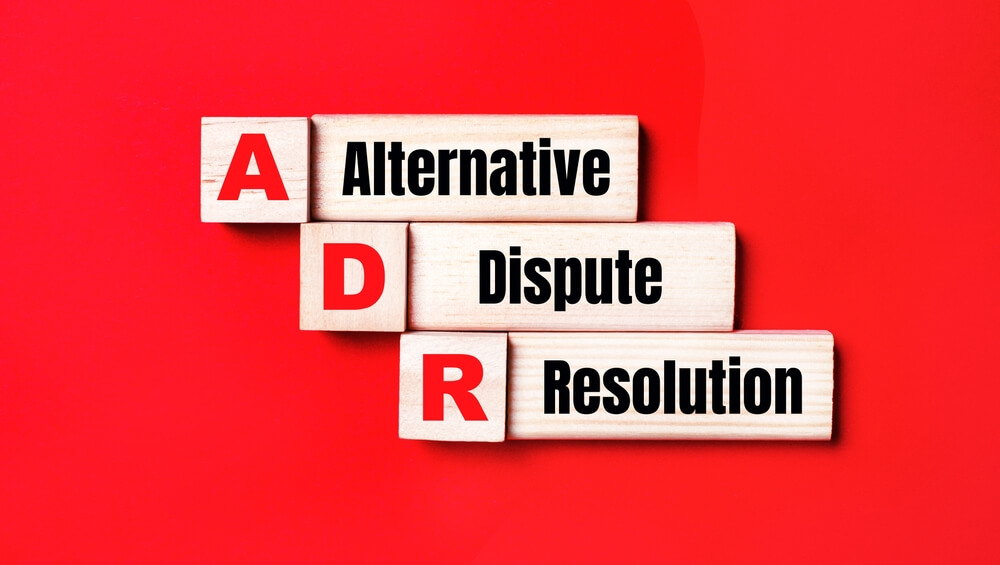

In the ever-evolving landscape of legal disputes, a recent case underscores a critical trend: judges are increasingly advocating for parties to engage in Alternative Dispute Resolution (ADR) before resorting to the courtroom. The recent ruling in Conway v Conway & Anor [2024] serves as a vital reminder that litigation should be a last resort when resolving disputes.
What is Alternative Dispute Resolution?
ADR encompasses various methods for settling disputes without court intervention. Common forms include mediation, arbitration, and expert determination, each designed to provide parties with effective ways to reach a resolution outside the formal litigation process.
Mediation: A Path to Amicable Solutions
One of the most prominent forms of ADR is mediation. This process involves the parties working with a trained mediator who facilitates discussion and negotiation. Mediation offers several advantages: it is generally faster, more cost-effective, and less formal than litigation. Moreover, the courts in England and Wales increasingly regard mediation as a crucial step in the dispute resolution journey. In fact, parties may face cost penalties for refusing to engage in mediation, which encourages a collaborative approach to resolving disputes.
Mediation can also complement other ADR methods. For example, parties may use it to settle specific issues within a broader dispute. However, for mediation to succeed, both parties must be willing to engage fully and work collaboratively toward a resolution.
The Case of Conway v Conway & Anor [2024]
The recent case of Conway v Conway & Anor highlights the judiciary’s firm stance on ADR. Before litigation commenced in 2022, the claimant’s solicitor suggested pre-action mediation, but the proposal was ignored. A second proposal for mediation was met with rejection from the defendants, who claimed the dispute was unsuitable for mediation and would only prolong the process and escalate costs.
Judge Mithani, however, deemed the defendants’ refusal to engage in mediation as misguided. He emphasized that compelling reasons are necessary to justify such a rejection. Ultimately, the judge imposed a 25% reduction on the defendants’ recoverable costs due to their unreasonable refusal to consider ADR. This judgment powerfully reiterates the vital role mediation plays in dispute resolution.
The Ongoing Significance of ADR
The implications of Conway v Conway & Anor align with a previous ruling in Churchill v Merthyr Tydfil County Borough Council [2023], where the Court confirmed its authority to compel parties to engage in ADR before proceeding with litigation. While Conway v Conway & Anor is not a binding precedent, it signals a clear judicial inclination toward encouraging active participation in ADR. This case serves as a crucial reminder that even parties confident in their chances of success should seriously consider mediation.
How we can help ?
Navigating legal disputes can be complex, and early legal advice is essential, whether you believe you have a claim or are defending against one. Our experienced dispute resolution team is here to guide you through each step of the process.
If you need legal assistance, don’t hesitate to reach out to us. You can email us at disputeresolution@tvedwards.com or call us at 020 3440 8000. Let’s work together to find the best path forward for your dispute.
Disclaimer: The information on the TV Edwards website is for general information only and reflects the position at the date of publication.







